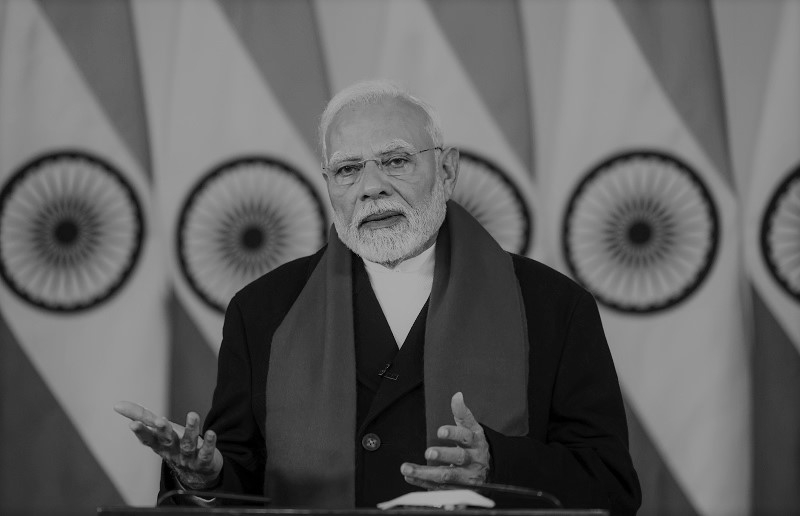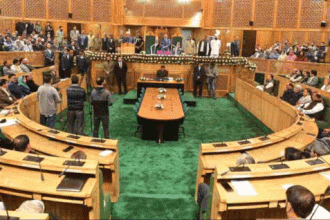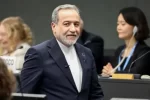In the early hours of May 7, the Indian Armed Forces launched Operation Sindoor—a powerful and calculated strike on terror infrastructure across the border. This wasn’t just about retaliation. It was a message to those who hide behind threats: India will no longer stay silent.
According to government sources, Prime Minister Narendra Modi gave clear and firm instructions to the armed forces: if provoked by cross-border terrorism or military aggression, India’s response must be “bigger and stronger.” His words were straightforward:
“Wahan se goli chalegi, toh yahan se gola chalega.”
(If they fire bullets, we’ll respond with cannons.)
This operation, they say, is a turning point. It’s not just about military strength—it’s about changing the rules of engagement with Pakistan, where terror groups have long operated with impunity.
Sources revealed that the strikes targeted nine key terror training camps and headquarters deep inside Pakistani territory. The message was clear: there is no safe haven anymore for those who plan violence against India. “Markaz ko mitti mei mila diya hai,” said a senior official—referring to the destruction of terrorist hubs. Translation: we’ve brought their base to the ground.
India’s stand was also a psychological one: for too long, Pakistan’s nuclear capability has been used as a shield while proxy terror flourished. That illusion, Indian officials say, has now been shattered. “We take nuclear threats seriously,” one said, “but we will not be held hostage by them.”
Following the operation, Pakistan attempted multiple retaliatory strikes on May 8, 9, and 10, targeting Indian military bases. But the Indian response was swift and overwhelming—eight Pakistani air bases were hit, alongside radar sites and command centers. The escalation prompted an urgent international response. According to sources, the U.S. contacted India shortly after, indicating that Pakistan had gotten the message loud and clear.
By May 11, a ceasefire agreement was reached. Foreign Secretary Vikram Misri confirmed that both nations had agreed to halt all land, air, and sea military actions. But Indian officials made it clear: this is not a return to business as usual. The “new normal,” as they put it, is one of zero tolerance for terrorism.
India has also warned that the Indus Waters Treaty, which governs the use of shared rivers, will be suspended as long as Pakistan supports cross-border terrorism.
In a broader military update, Army Chief General Upendra Dwivedi has given commanders along the Western border full authority to respond decisively to any violations. After reviewing the situation post-ceasefire, the Army stated that they are fully prepared to act.
This isn’t just about missiles and military might—it’s about drawing a line. A line that says: India will protect its people, its borders, and its peace. If you cross it, be ready to face consequences.








